All rights reserved. No part of this publication may be reproduced, stored in a retrieval system or transmitted in any form by any means, electronic, mechanical, photocopying, recording or otherwise, without the prior written permission of the publishers and copyright holders.
Onsen have their own codes of conduct regarding who they let in, and it can vary from place to place tattoos or not, too drunk, etc. This book endeavours to inform you about each place but takes no responsibility for any reader being refused entry to an onsen or sento for whatever reason.
CONTENTS
Haiku poet Matsuo Bashos hut, Basho-do in . We made a pilgrimage here on Christmas day.
As a naturally volcanic country, Japan is blessed with hot-spring sources that bubble from the ground, feeding a variety of different geographical pockets across the land. For thousands of years the Japanese people have seen this as a blessing and made use of the waters as a sacred ritual, to relax and ease daily stresses, to cure ailments and as social places where friends and family can gather.
While the Western world obsesses over worklife balance, Japan has always been ahead of the curve the onsen is the perfect wellness retreat but priced for the people, so that anyone can get some relief for tired, overworked or stressed bodies and souls.
The word zen has slipped into the Western vernacular, and come to mean all things calming and centered, but for the Japanese person its part of the everyday food, relaxation and meditation form a holistic outlook on life that has its roots far back in the mists of time. The onsen is the pinnacle of that outlook, the very essence of the Japanese phrase wa, which we might translate as harmony. An onsen is where nature and the body become one. The feeling of taking a bath outside, naked, the air caressing your body, face and hair, brings physical and spiritual sensations together.
The word onsen is so popular in Japan it has its own symbol (and emoji)  . The Japanese word yu () means hot water. We really love the fact that hot water is called yu, because to us an amazing hot bath is for everyone, and its just a small change from yu to you. This also leads to endless hilarious Japenglish puns like I love yu, thats so yu, yu should relax and so on. Once you know the onsen and yu symbols, youll be able to spot onsen all over Japan, whether theyre small local bathhouses wedged between towering office blocks or amazing historical baths in neighbourhood streets or country lanes.
. The Japanese word yu () means hot water. We really love the fact that hot water is called yu, because to us an amazing hot bath is for everyone, and its just a small change from yu to you. This also leads to endless hilarious Japenglish puns like I love yu, thats so yu, yu should relax and so on. Once you know the onsen and yu symbols, youll be able to spot onsen all over Japan, whether theyre small local bathhouses wedged between towering office blocks or amazing historical baths in neighbourhood streets or country lanes.
Michelle says: Taking a bath is something I always loved. We once moved out of an apartment because it had no bath (it was the dealbreaker). I was trying to pinpoint why I was unhappy living there and realised I felt I couldnt relax properly without taking a bath. I vowed never to live anywhere again without one.
In the past I used to take a bath after a hard days work, or a particularly challenging experience, or when I had a migraine. Today I see taking a bath in a completely different light. I make time to relax at any time of the day, for no reason in particular except it makes me feel good and helps me to focus on the day ahead or tasks at hand.
When I shut my eyes I could be in a hot spring in the middle of the Japanese countryside or in a cosy Tokyo suburb. Our bathroom has a bath bowl, a stool and a cupboard full of bath salts so we can recreate the experience at home.
Steve says: Having a bath wasnt really on my radar. Id run one for Michelle and buy bath salts and oils to elevate the bath to a new level, but I would rarely partake myself. I had too many memories of crammed childhood baths surrounded by store-bought soap suds or slimy bath salts. Things changed after I experienced bathing in Japan. I stopped seeing the bath like Kramer from Seinfeld, who felt that he was sitting there in a pool of his own tepid filth, but saw it instead as the perfect relaxation space, the hot water easing away cares and stresses, and special salts smoothing the skin or exhilarating the body.
Our onsen adventures took us to places of great beauty and cultural significance; deep forest and mountain hideaways where you can relax in bubbling volcanic baths while absorbing breathtaking views and small local hang-outs full of charm and character. We found historical baths with fascinating stories to tell of times when people rolled into town with food carts or exquisite handcrafts, needing a place to clean and relax their weary bodies. Onsen are replete with tales of animals and soldiers who cured their wounds by spending time in the healing waters. Or, if you go further back, there are stories of how onsen were discovered and blessed by gods. We learned about many different water types with an astounding range of healing properties and beneficial effects.
On one of our first trips to Japan we found ourselves in Tokyo on Respect for the Aged Day. While watching TV we were surprised to see footage of a small boy scrubbing an old mans back, both of them naked. This was our first visual of a Japanese bathhouse. We were curious to learn more in Western culture this isnt something you would see on TV. We started to discuss and debate why that was and what cultural differences Australia and Japan had when it came to bathing, nudity, heath, wellbeing and community spirit.
That TV footage was natural and poignant and the perfect introduction for us to onsen culture. It highlighted the onsen as a spiritual place, a place of necessity, a family bonding experience and a social outing. The onsen crosses all social boundaries. It doesnt matter if you are snowboarder or skier, boss or office worker, ailing or disabled, old or young the onsen is a place for you. This book just skims the surface of the 3000 bathing experiences you can have in Japan, so hunt out your own onsen and soak your cares away. Youll emerge with a clean body and a clear mind.
Free footbath in front of
tonight my skin
will miss the hot spring
it seems colder
at Yamanaka
its not necessary
to pluck chrysanthemums
hot spring fragrance
Matsuo Basho
Daiichi Takimotokan in opened its doors in 1858
 ONSEN HISTORY
ONSEN HISTORY
Onsen are a ritual pleasure that started off as a necessity. The oldest recorded onsen, Dogo Onsen in Japans south, reportedly dates back to 712 AD. Seaside onsen Sakinoyu is literally hewn from the rocks, and hot salty water bubbles into the bath from deep below. Bathhouses have evolved through time, moving from secret natural springs and samurai (military or warrior class) roadside stopovers to vacation destinations, popular haunts and local hang-outs. Initially Japanese men, women and families bathed naked together. This practice, acceptable and normal in Japanese society, still flourishes in rural parts of Japan, while gender-segregated baths popped up in the cities and towns in the 20th century.

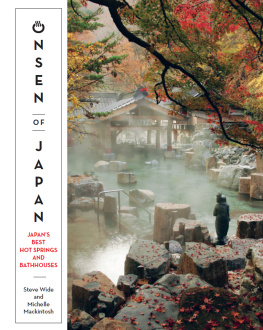
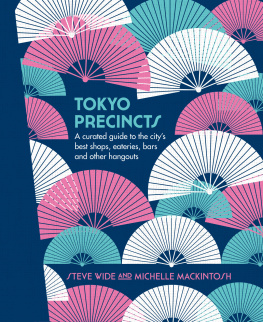

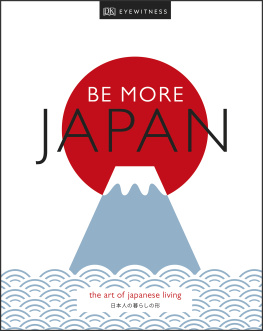
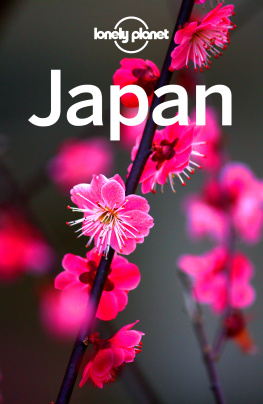
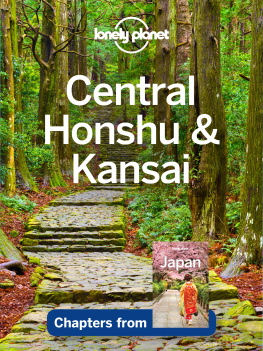
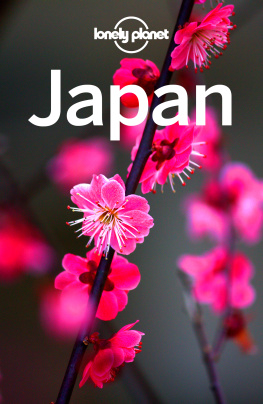
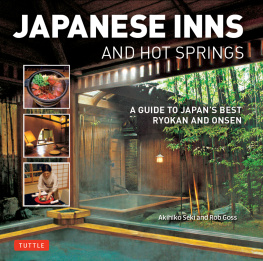
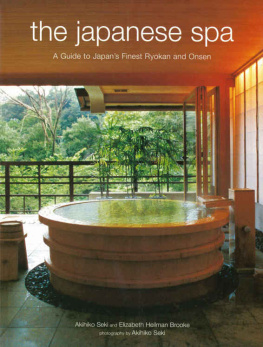
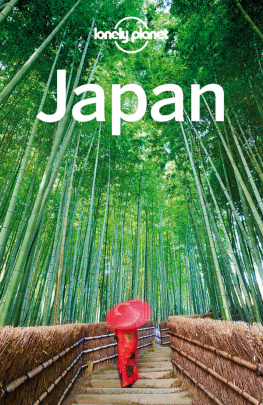
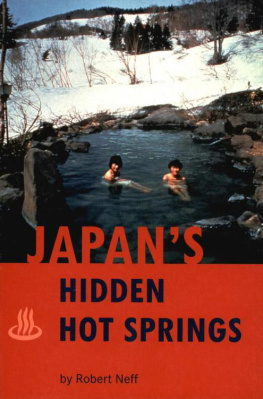
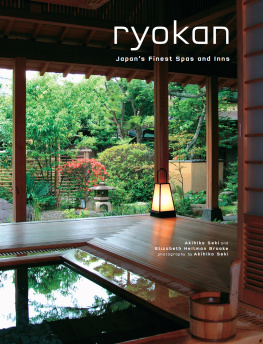







 . The Japanese word yu () means hot water. We really love the fact that hot water is called yu, because to us an amazing hot bath is for everyone, and its just a small change from yu to you. This also leads to endless hilarious Japenglish puns like I love yu, thats so yu, yu should relax and so on. Once you know the onsen and yu symbols, youll be able to spot onsen all over Japan, whether theyre small local bathhouses wedged between towering office blocks or amazing historical baths in neighbourhood streets or country lanes.
. The Japanese word yu () means hot water. We really love the fact that hot water is called yu, because to us an amazing hot bath is for everyone, and its just a small change from yu to you. This also leads to endless hilarious Japenglish puns like I love yu, thats so yu, yu should relax and so on. Once you know the onsen and yu symbols, youll be able to spot onsen all over Japan, whether theyre small local bathhouses wedged between towering office blocks or amazing historical baths in neighbourhood streets or country lanes.

 ONSEN HISTORY
ONSEN HISTORY